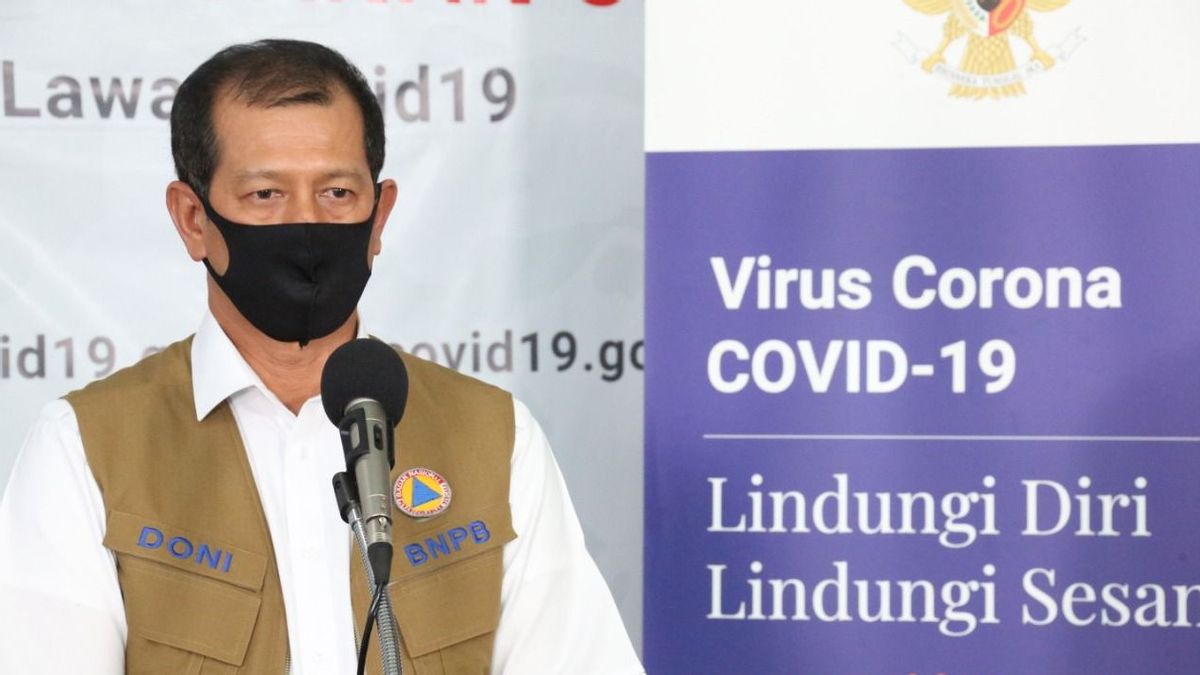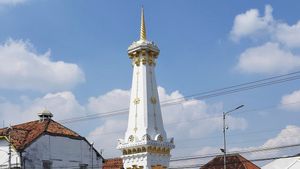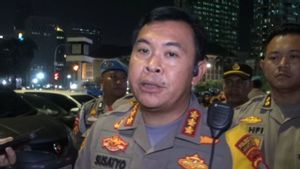JAKARTA - Chairperson of the Task Force for the Acceleration of Handling COVID-19, Doni Monardo, said that telemedicine hospitals or doctor-based health applications that are widely developed in Indonesia have succeeded in detecting the spread of COVID-19.
Doni's statement was based on a report from the Minister of Health (Menkes) Terawan Agus Putranto during a closed meeting with President Joko Widodo.
"(Telemedicine) is already effective. The Minister of Health reported to the President that there were more than three thousand telemedicine patients and 30 of them, after receiving directions from the doctor in the second tier, conducted an examination and tested positive, ”said Doni in his press conference in Jakarta, Monday, April 13.
Of the 30 people who tested positive, then only two people stated that they needed to get treatment at the hospital. Meanwhile, the rest are doing self-isolation according to health protocols.
"This means that the doctor's role is very optimal and good so that it can reduce the number of patients who come to the hospital," he said.
The chairman of the National Disaster Management Agency (BNPB) also said that currently, COVID-19 services in hospitals are also prioritized for those who are seriously ill, serious and tend to be critical.
Meanwhile, for people who have mild level of COVID-19 symptoms, examinations can be carried out in hospitals without walls. Furthermore, the community can carry out independent isolation at home or isolation in a place that has been provided, such as the COVID-19 Emergency Hospital, Wisma Atlet Kemayoran.
President Joko Widodo before the limited meeting was held also stated the same thing. According to Jokowi, at this time, people who have mild symptoms of the corona virus should not need to come directly to health facilities. This is because there is a doctor-based application on a smartphone that can be used for consultation.
“This is what has not been widely disclosed that we have a hospital without walls or telemedicine. ... I think this is the difference between us and other countries. "Not all of them have to go to a doctor, hospital or puskesmas, but they can go through telemedicine, thereby reducing the risk to medical personnel," Jokowi said in his presentation before starting a limited meeting.
Apart from the matter of hospitals without walls, in the press conference, Doni also conveyed. a number of areas where there are many cases of COVID-19 are starting to lack health workers, especially doctors.
To meet this need, the Ministry of Health said he would immediately issue a registration letter and increase intensive training for 2,435 health workers, especially doctors.
"The Minister of Health will give priority to doctors so that they can practice directly in the field," said Doni.
In addition, this figure will then be assisted by the ranks of volunteers. Currently, he said, there are already tens of thousands of volunteers ready to help deal with COVID-19 in Indonesia.
"There have been more than 18 thousand volunteers who have registered and most of them are doctors, nurses and laboratory workers," he said.
The English, Chinese, Japanese, Arabic, and French versions are automatically generated by the AI. So there may still be inaccuracies in translating, please always see Indonesian as our main language. (system supported by DigitalSiber.id)













